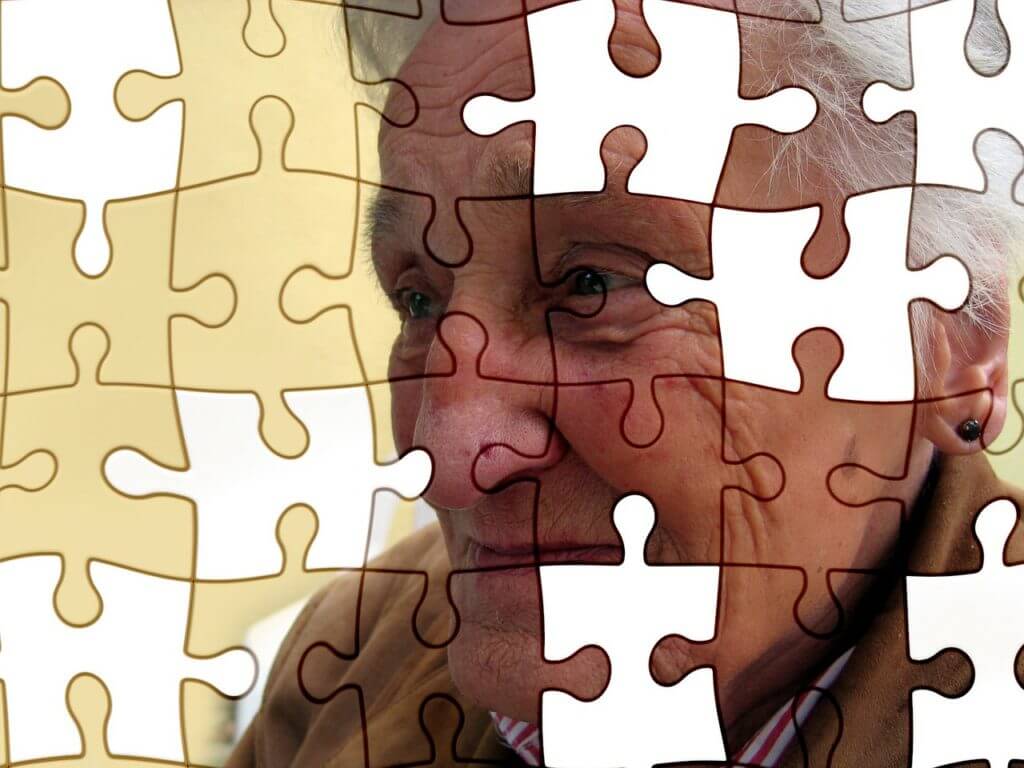If your loved one has been diagnosed with a form of dementia, you might be wondering what comes next. Dementia is an umbrella term to describe progressive memory loss diseases. Different types of dementia have different effects on your loved one’s future and cognitive abilities. Learn more about each type of dementia and what they do to the brain and body.
Alzheimer’s Disease
Alzheimer’s is one of the most common forms of dementia. This progressive disease affects memory, behavior, and thinking. People with Alzheimer’s are typically older than 65 years old, and the risk increases with age. In rarer cases, Alzheimer’s can have an early onset during middle age.
Alzheimer’s occurs because of plaque buildup in the brain and protein tangles. Proteins with abnormal shapes and tangles interfere with nerve cell communication in the brain.
Symptoms
Alzheimer’s has distinct symptoms that start as mild cognitive impairment. Eventually, your loved one’s symptoms begin to interfere with their daily life.
The hallmark symptoms of Alzheimer’s include:
- Memory loss
- Confusion
- Agitation
- Suspicion of loved ones
- Difficulty speaking
- Mood swings
- Irrational thinking
These are just a few of the debilitating symptoms of Alzheimer’s disease. You may notice that your loved one, who used to be easygoing, friendly, and logical, is becoming increasingly agitated and confused. This could be an early warning sign of Alzheimer’s.
Treatment
There is no known cure for Alzheimer’s disease. However, you can manage the symptoms with medications. A doctor may prescribe a cognition-enhancing medication that improves the ability to process information.
People with Alzheimer’s benefit from a caring, supportive community of loved ones around them. This can be important in their treatment as they lose their sense of self.
Lewy Body Dementia
Lewy body dementia is similar to Alzheimer’s. Lewy bodies are clumps of proteins that can build up in the brain and impair memory, thinking, and judgment. These proteins are responsible for brain changes in other diseases like Parkinson’s and Alzheimer’s. Lewy body dementia can affect specific body movements, as well.
Symptoms
A critical difference between Alzheimer’s and Lewy body dementia is that memory loss is more common in Alzheimer’s patients. Lewy body dementia often presents with physical symptoms first.
Some of the common symptoms of Lewy body dementia include:
- Changes in visual perception
- Difficulty balancing
- Problems with walking and coordination
- Hallucinations
- Delusions
- Depression
- Low blood pressure
- Dizziness
- Urinary incontinence
These symptoms manifest in more physical problems compared to other forms of dementia. This is how professionals distinguish between Lewy body dementia and other progressive diseases.
Treatment
Doctors may prescribe antidepressants to treat the depression that often comes with Lewy body dementia. In extreme cases, doctors may prescribe antipsychotics to help with hallucinations and delusions. Other cognitive enhancement medications may help, but they are not a cure for the disease.
No known treatment can stop the progression of the cell damage caused by Lewy body dementia. Treatment focuses on managing the symptoms so your loved one can enjoy a better quality of life.
Vascular Dementia
Vascular dementia results from blockages in the blood vessels within the brain. When portions of your brain don’t receive enough blood flow, the cells die. Without proper nourishment and oxygen from blood vessels, the brain loses function, causing a decline in memory and cognition in patients with vascular dementia.
Symptoms
Vascular dementia shows very similar symptoms to other forms of dementia. The main difference is the stroke-like symptoms, including problems with speech and numbness on one side of the face. Vascular dementia can occur after a stroke, and symptoms may take a while to appear.
Treatment
There are no specific medications approved to treat Vascular dementia. However, some Alzheimer’s medications can help with cognitive symptoms. Prevention is the best form of treatment for Vascular dementia. Healthy habits like being a non-smoker, exercising regularly, and eating a healthy diet can help prevent strokes and blood vessel blockages that lead to this disease.
Frontotemporal Dementia
Frontotemporal dementia affects the frontal and temporal lobes in the brain. Protein tangles and buildup cause judgment, critical thinking, speech, and personality impairments. These proteins cause damage to essential nerve cells and slowly degrade the patient’s cognitive abilities.
Symptoms
The symptoms of frontotemporal dementia are more concentrated in personality, behavior, and speech. You may notice your loved one acting very differently than they usually do.
Some of the most common symptoms of frontotemporal dementia include:
- Extreme behavior changes
- Speech problems
- Tremors
- Poor coordination
- Difficulty swallowing
- Random bursts of laughter or crying
- Inability to write, read, or name objects
- Apathy
These are just a few of the common signs of frontotemporal dementia. This disease shrinks these lobes of the brain, making it harder to complete daily tasks.
Caring Places Dementia Management
At Caring Places Management, we care for your loved ones with dementia as if they are our own. Our seniors love and appreciate the sense of warmth, empathy, and compassion our staff radiates as we help them function each day.
We preserve your loved one’s independence, dignity, and freedom as we help manage the progression of their dementia. If you want a safe place for your loved one to receive dementia care, contact us for more information.

